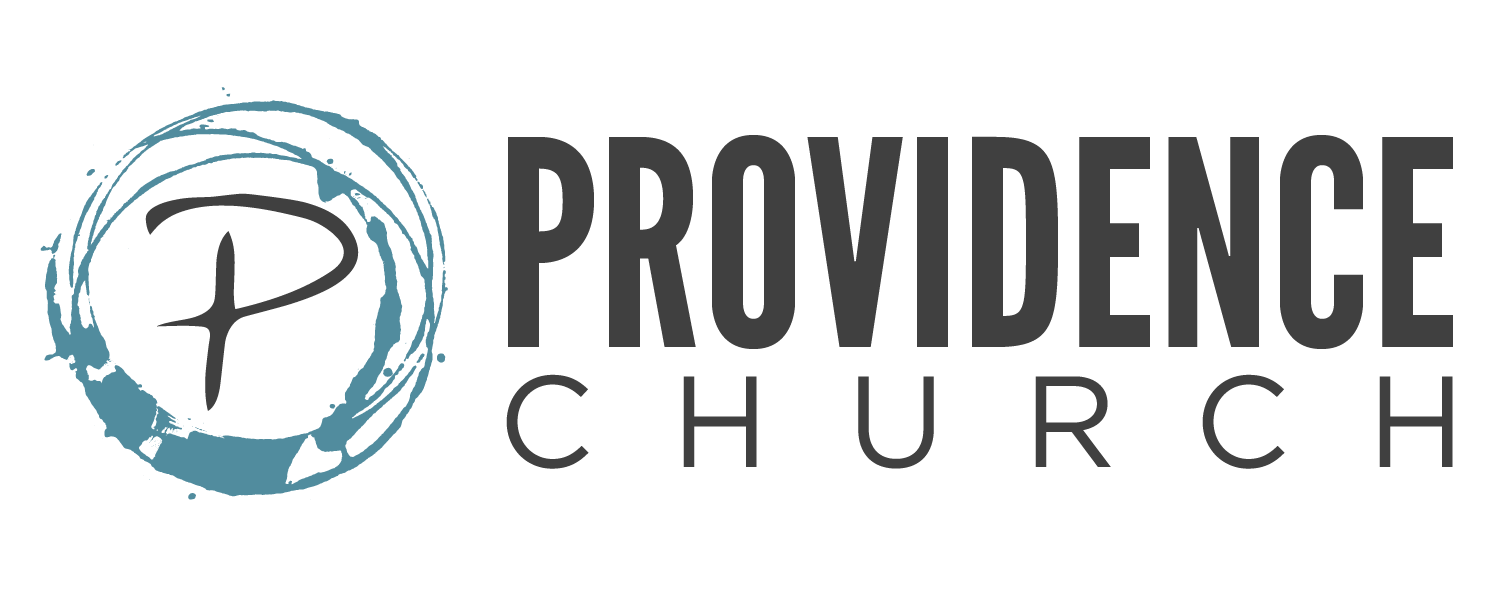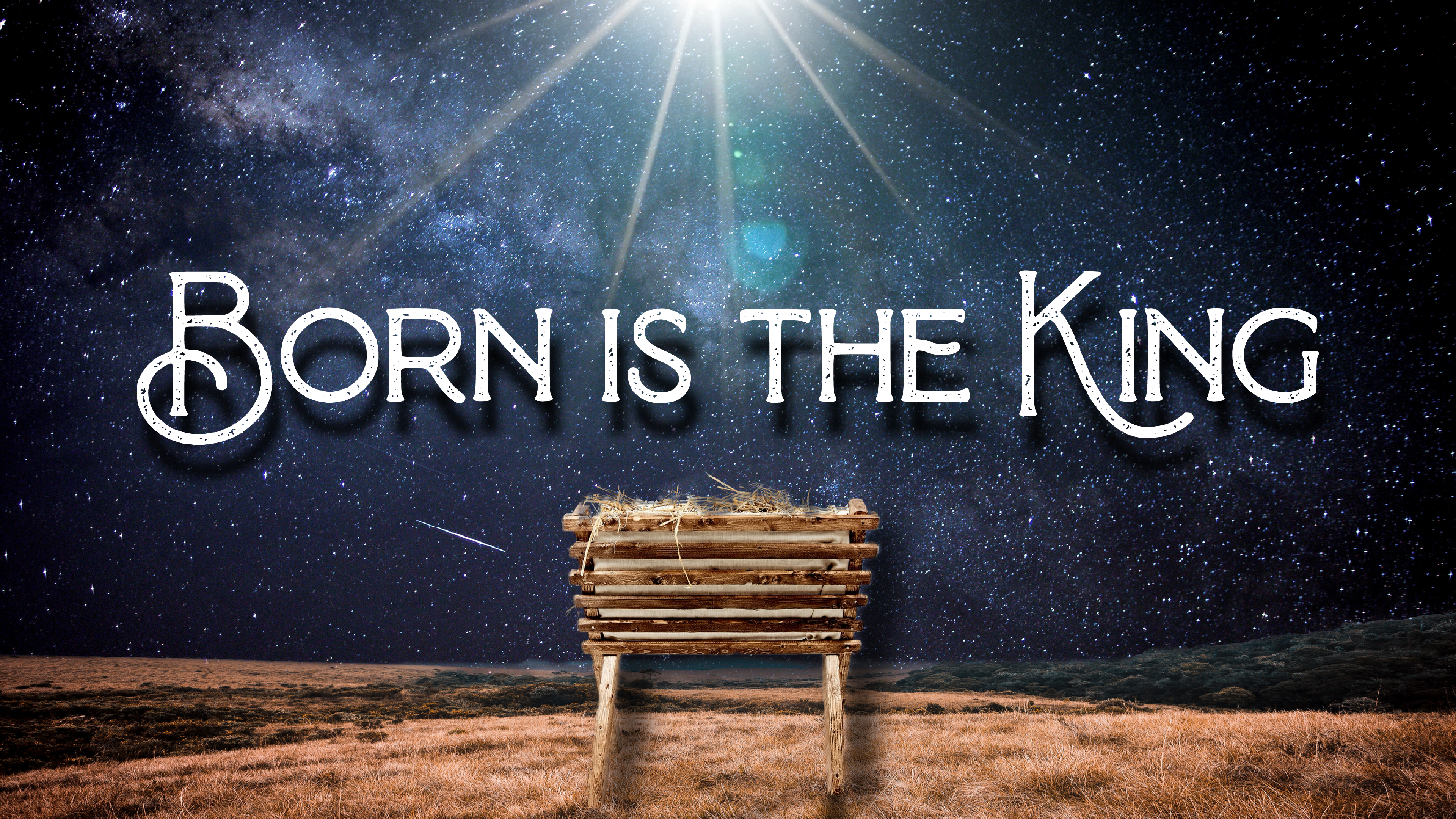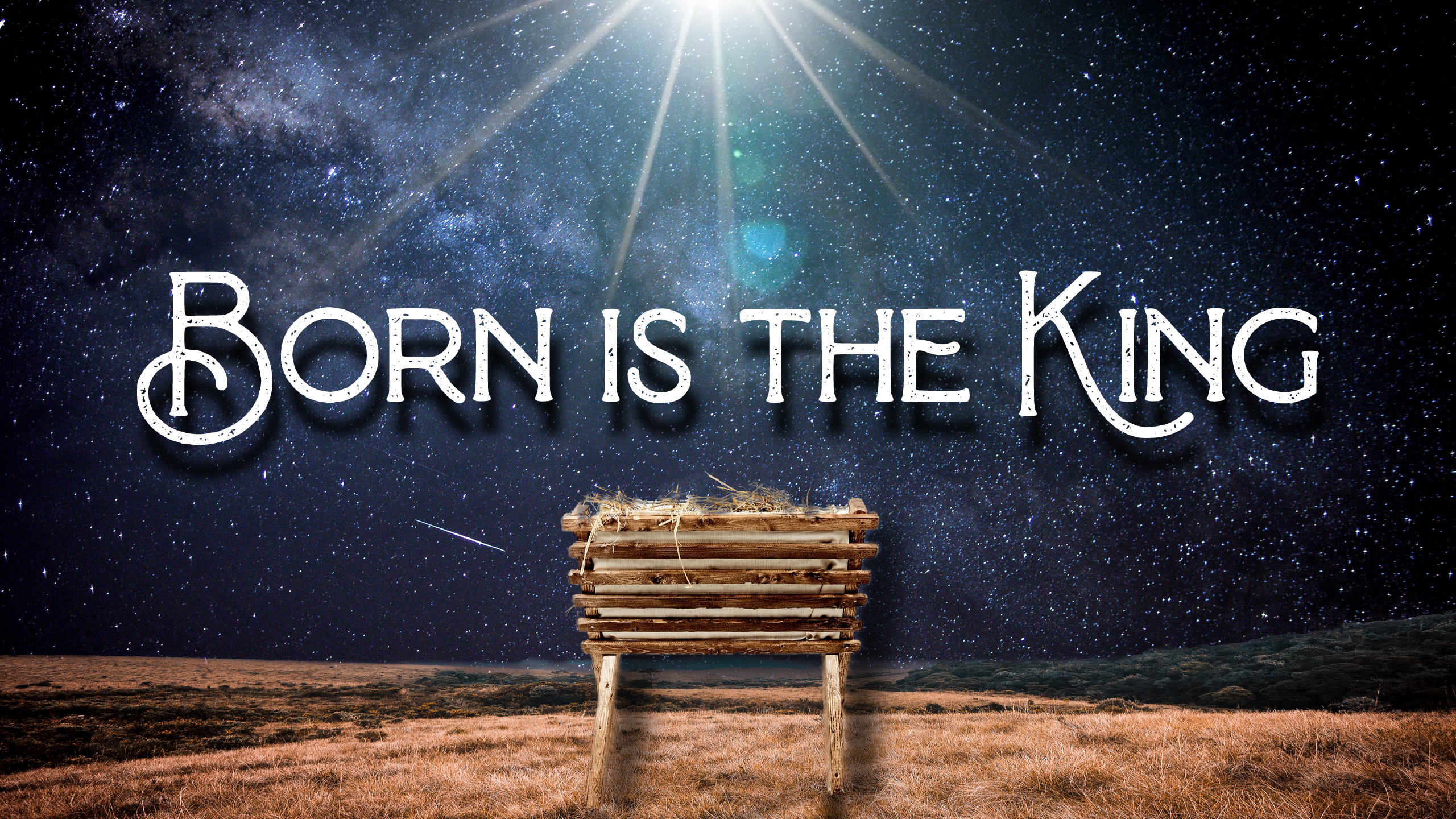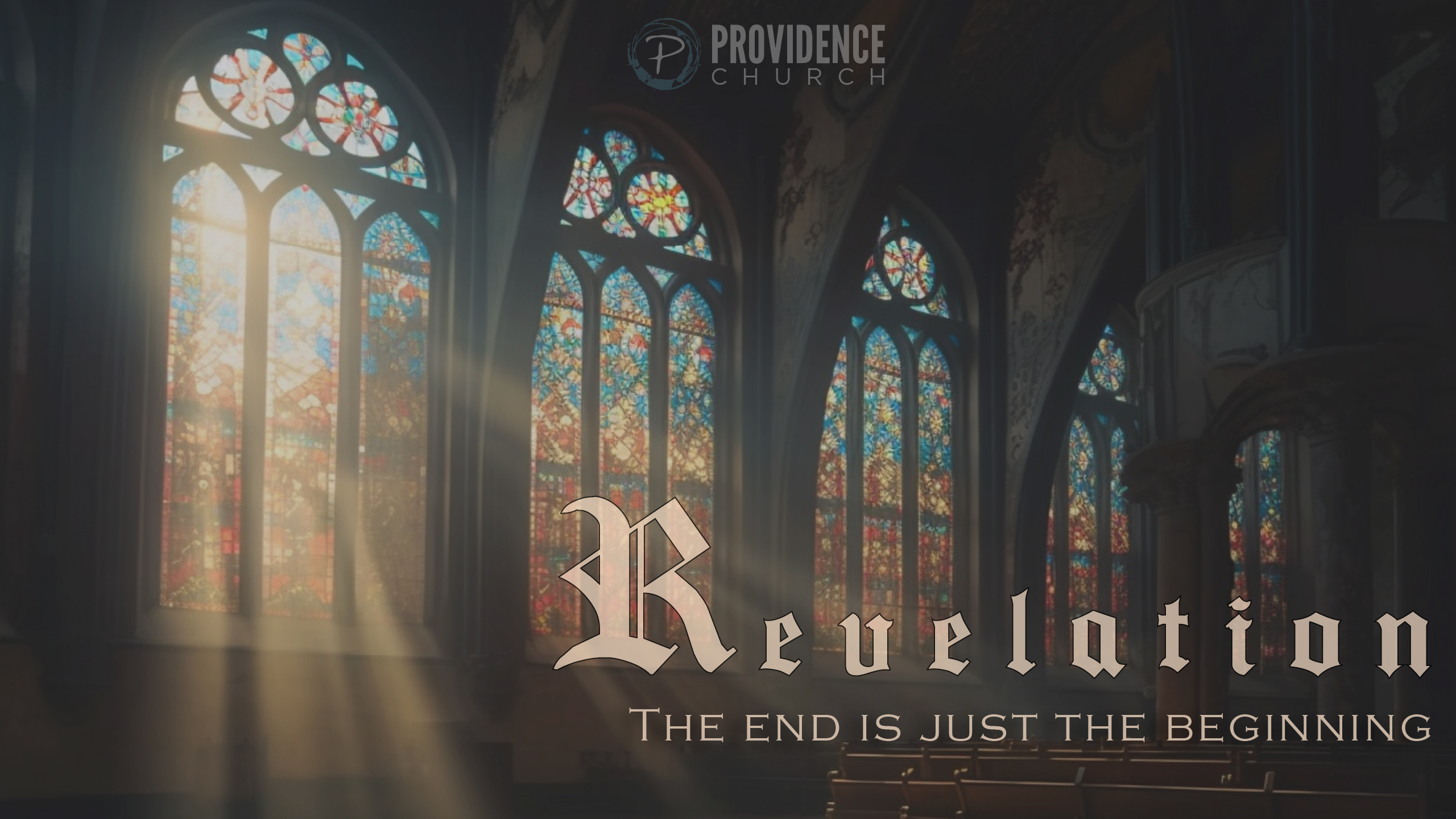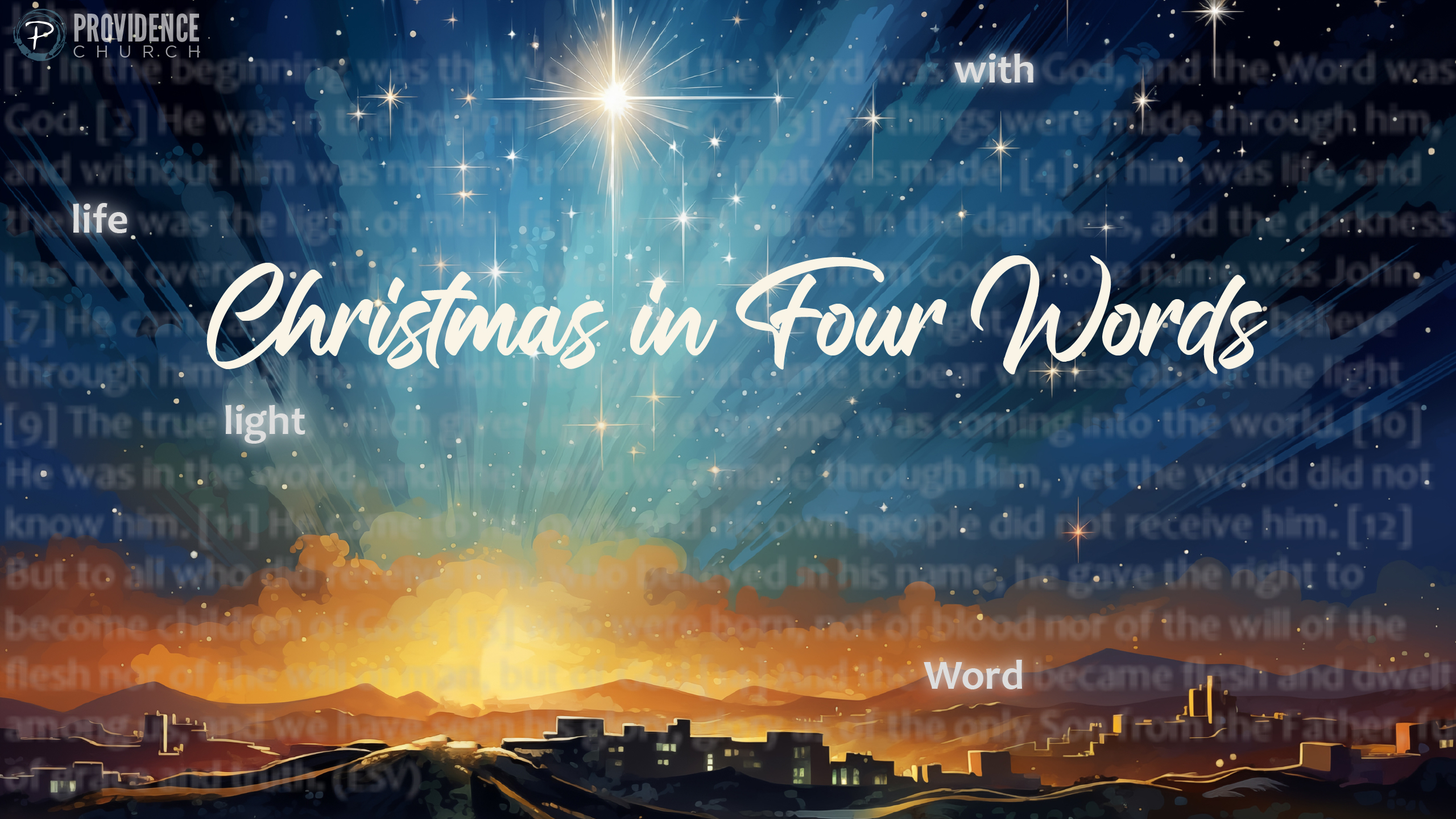The Exiled King
Tony Walls • Last Sunday
The Hidden King
Tony Walls • 11/30/2025
The End of the Beginning
Tony Walls • 11/23/2025
How Did I Get Here?
Tony Walls • 11/16/2025
It's All in How You Tell the Story
Tony Walls • 11/9/2025
Authorized Personnel Only
Tony Walls • 11/2/2025
Playlists
The Hidden King
Tony Walls • 11/30/2025
The Exiled King
Tony Walls • Last Sunday
The Genesis of Grace
Rex Rogers • 5/25/2025
Faithful Foundations: Parenting Lessons from Amram and Jochebed
Connie Rogers • 6/1/2025
From Worry to Worship: Transforming the Mind
Jon McClellan • 6/8/2025
The Ark of Grace: Finding Jesus in Noah’s Story
Jacob Lemons • 6/15/2025
Rags to Riches
Shea Dunn • 6/22/2025
Living in the Tension: The Promises of God and Our Reality
Bryan Meyers • 6/29/2025
Back to the Beginning
Tony Walls • 7/6/2025
East of Eden
Tony Walls • 7/13/2025
Gathered and Scattered in Judgement and in Grace
Tony Walls • 7/20/2025
He Went, Not Knowing
Tony Walls • 7/27/2025
You Want Me to do What?
Tony Walls • 8/10/2025
Walking with a Limp
Tony Walls • 8/17/2025
Just a Glimpse
Tony Walls • 1/19/2025
Christmas in Four Words: With
Tony Walls • 12/1/2024
Christmas in Four Words: Light
Tony Walls • 12/8/2024
Christmas in Four Words: Word
Tony Walls • 12/15/2024
Christmas in Four Words: Life
Tony Walls • 12/22/2024

